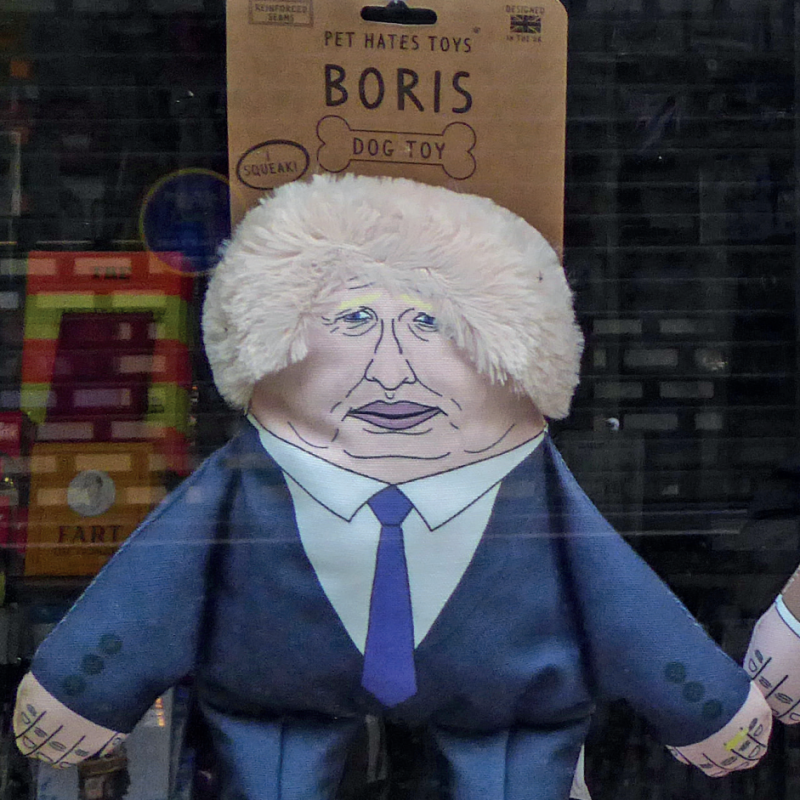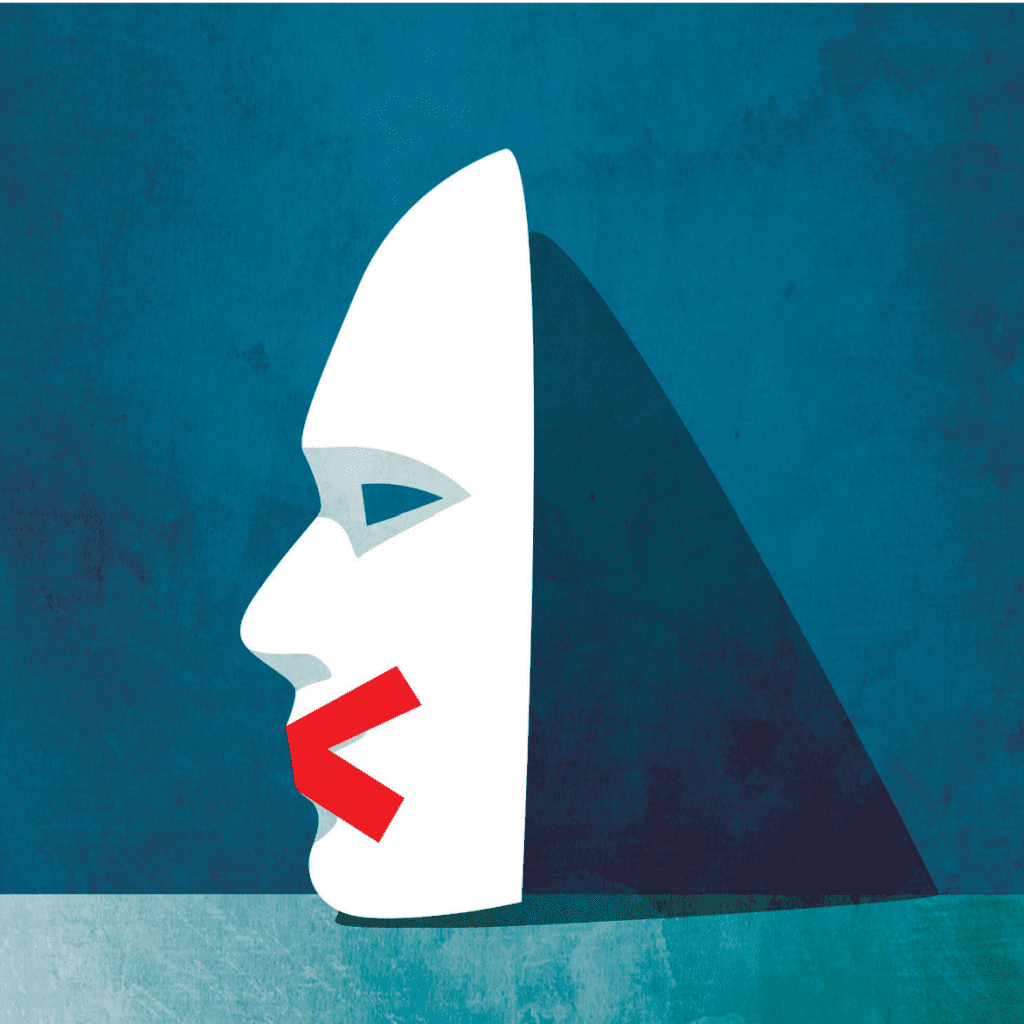Ceremonial dress belonging to Chief Crowfoot has been housed in the Royal Albert Memorial Museum and Art Gallery since 1878.
16 May 2022
A museum in Exeter will return ceremonial dress belonging to renowned 19th century Canadian First Nations leader Chief Crowfoot to his descendants later this month.
Chief Crowfoot was leader of the Siksika Nation and famous for his bravery in battle and his work to negotiate peace and protect the rights and freedoms of his people.
He was one of the leaders who signed the Blackfoot Treaty, also known as Treaty 7, in September 1877.
It agreed an exchange of traditional land owned by First Nations peoples for reservation territory, livestock and annual payments from the Canadian government.
The collection, known as “The Crowfoot Regalia”, have been housed in the Royal Albert Memorial Museum and Art Gallery in Exeter since 1878.
It includes a buckskin shirt, a pair of leggings, a bow case and quiver, knife, two beaded bags and a horsewhip.


The collection is due to be handed over to a delegation from the Siksika Nation headed by current leader Chief Ouray Crowfoot on May 19.
Exeter City councillors voted to return the items in April 2020 but the repatriation was delayed due to the pandemic.
The items are thought to have been acquired by Cecil Denny, a British administrator in Alberta, Canada, at around the time Treaty 7 was signed.
They were first given to the museum on loan, before being purchased outright in 1904.


Following a blessing at the museum, the collection will be packed and returned to Canada, a spokesman said.
It is due to be displayed at the Blackfoot Crossing Historical Park, which focuses on Siksika history and culture.
The park is built on the site of the signing of treaty 7 in September 1877 and is also the place where Crowfoot died in 1890.
The terms of Treaty 7 were later broken by the Canadian administration, further eroding the traditional way of life of the collection of peoples known as the Blackfoot Confederacy.
The indigenous nations were often placed on unsuitable land, saw huge numbers killed off by European diseases and witnessed the disappearance of the great buffalo herds that underpinned their way of life.


Chief Crowfoot said: “Bringing these items back home to Siksika is a historic event.
“Many items left Siksika and other Nations and were scattered across the globe. Now the tides are turning and these items are finding their way back home.
“Crowfoot’s entire essence is in and around Blackfoot territory and this is where his belongings should be housed.”
He continued: “We are building strong relationships with curators at several museums as well as private collectors in an effort to bring items such as the ones coming home back to their rightful place.
“There are many more Blackfoot items still in need of being claimed and repatriated back to their rightful homeland.
“To me, it is not as important how these items left Siksika, but what is important is how we bring them back home.”
Jon-Paul Hedge, director at Exeter City Council, said: “After agreeing this momentous step more than two years ago, we are now pleased to return Crowfoot’s regalia to the Siksika Nation.
“We hope it marks the start of an ongoing relationship between Exeter and the Siksika people.”



